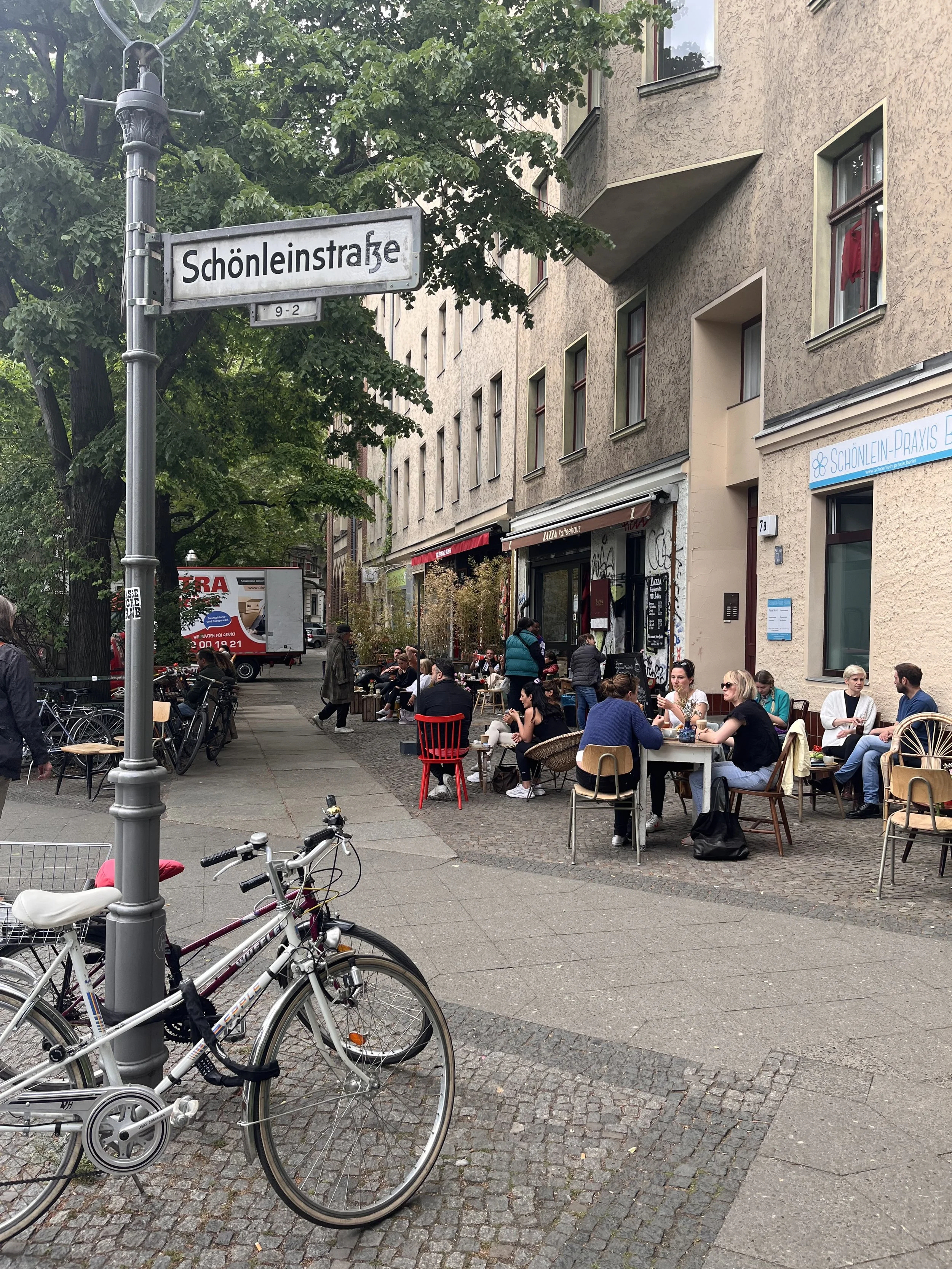Growing up, if you wanted love and acceptance, you had to do certain things — like perform well in school, meet others’ expectations, or conform to what society wanted a little boy or girl to look and act like. You had to do what your parents and teachers expected of you.
The educational system I came up through—and that probably still exists to a large degree today—didn’t ask students to access their sensitivity or emotions. It required them to be obedient. It required them to do as they were told. Going to Catholic schools as I did, it was even more intense. All these expectations around school were not only backed up by parents and teachers, but also nuns, priests, and ultimately, God. Religious study, Bible reading, and church attendance were indispersed among the more traditional subjects. It was just another thing, and felt very normal at the time.
But looking back now, I wonder.
I was very good at school. Aside from a few classes, I aced everything I put my mind to. It was easy to me. I knew implicitly how to be the “good boy” that I was expected to be. I was usually the first to raise my hand and answer the teacher’s questions, so much so that I stopped because I could tell the teacher was looking to “give someone else a chance.”
I learned very early how to be obedient, how to give my superiors what they wanted. I became an expert rule follower. But I spent very little time exploring who I was, what I was capable of, and what I wanted to do with my life. That caused some serious issues later on.
The education system didn’t provide a whole lot of room for free expression. Sure, we had art and music classes in school, but they were project-based and quite antiquated. Let’s all sing this song in a choir. Now make this animal from a milk carton.
As an adult, I have only recently come to realize the full extent of these ramifications. This is why I still feel a strong desire to fit in, to be like others, to blend into the crowd. This is why I hate drawing attention to myself in public places, and feel instinctually annoyed by people making noise and creating public drama.
This is why I had a lot of trouble with girls when I first started dating. (Single sex education was another factor here—right in time for puberty!) This is why I was afraid to be assertive with women, scared I was gross and crude and something girls didn’t want to be around. This is why I was the “good guy,” firmly in the friend-zone with all my girl friends, but alone on date night for long stretches.
This is why I struggle with artistic self expression—and also why I’m obsessed with it.
“Our definition of self-awareness as artists relates directly to the way we tune into our inner experience, not the way we are externally perceived. The more we identify with our self as it exists through the eyes of others, the more disconnected we become and the less energy we have to draw from.”
Unconditional self acceptance is something I’m working toward. Self acceptance means accepting my reality. It’s coming to an understanding that I am something separate from my achievements, from my job, from my family, and definitely from outside expectations. These things all still exist—they just don’t define me.
Sometimes I think I can only be worthy of self-acceptance if I’m a “productive” individual—if I’m working hard, if I’m producing enough artistic content to be “worthy” of being a non-parent.
We’re all a work in progress. I try to take to heart the words of Ralph Waldo. Some days it’s easier than others.
“No law can be sacred to me but that of my nature. Good and bad are but names very readily transferrable to that or this; only right is what is after my constitution; the only wrong is what is against it.”





















